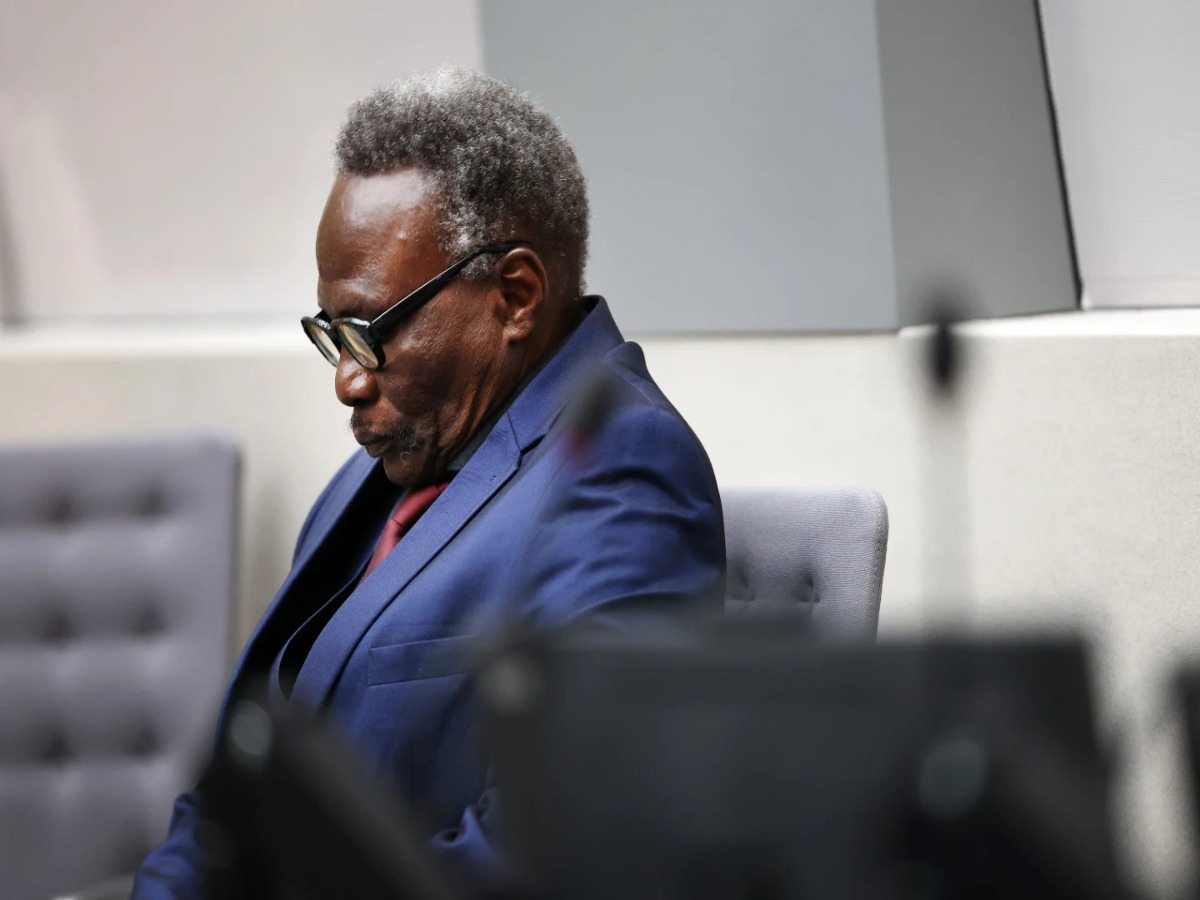The International Criminal Court has delivered a historic verdict, convicting a commander of the notorious Janjaweed militia for orchestrating mass atrocities in Sudan’s Darfur region more than two decades ago.
Ali Muhammad Ali Abd-Al-Rahman, well-known as Ali Kushayb, was found guilty on 27 counts of war crimes and crimes against humanity for his role in ordering mass executions, rapes, and the brutal killing of two prisoners with an ax. The ruling marks the court’s first conviction tied to the Darfur conflict.
Presiding Judge Joanna Korner said the crimes were part of a government-backed campaign to crush a rebellion in Darfur between 2003 and 2004. “He encouraged and gave instructions that resulted in the killings, the rapes and destruction committed by the Janjaweed,” she said. The verdicts were unanimous.
Appearing calm in a suit and tie, Abd-Al-Rahman listened through a headset as the charges were read. His sentencing will be scheduled later, and he faces up to life imprisonment, AP reported.
READ ALSO: Trump may cut refugee admissions to 7,500, favoring white South Africans
Abd-Al-Rahman was transferred to ICC custody in 2020 after surrendering in the Central African Republic. He maintained his innocence, claiming he was not the man known as Ali Kushayb. Judges dismissed the argument, noting that he had identified himself by that name in a surrender video.
Human rights advocates hailed the decision. “Finally a victory for justice, and justice for the victims of Darfur,” said Enaam al-Nour, a Darfur rights defender and journalist.
Deputy Prosecutor Nazhat Shameem Khan said the ruling “sends a resounding message to perpetrators of atrocities in Sudan, both past and present, that justice will prevail, and that they will be held accountable for inflicting unspeakable suffering on Darfuri civilians, men, women and children.”
The conviction comes as new allegations of mass killings and famine emerge from Sudan’s ongoing civil war. ICC prosecutors have said that war crimes continue in Darfur, where conflict between government forces and paramilitaries has raged for more than two years.
The case is a rare win for the ICC amid global scrutiny, including political backlash over its arrest warrants for Israeli Prime Minister Benjamin Netanyahu and former Defense Minister Yoav Gallant for alleged crimes in Gaza. Meanwhile, the court’s chief prosecutor, Karim Khan, has temporarily stepped aside as an independent panel investigates claims of sexual misconduct against him.
READ ALSO: Ten more migrants sent from U.S. to Eswatini as Africa deportation pact deepens
Judges concluded that Abd-Al-Rahman was a senior Janjaweed commander during the 2003 uprising, when rebels from Darfur’s African ethnic groups rose up against Sudan’s Arab-led regime in Khartoum. The government of then-President Omar al-Bashir responded with a scorched-earth campaign of bombings and Janjaweed raids on villages, often carried out at dawn on horseback and camelback.
The years-long campaign left an estimated 300,000 people dead and displaced 2.7 million. Though al-Bashir has been charged by the ICC with genocide, he remains in military custody in northern Sudan and has not been extradited to The Hague. His lawyer, Mohamed al-Hassan al-Amin, confirmed Monday that a former defense minister also wanted by the court has been released.
Throughout the trial, 56 witnesses described scenes of terror, from summary executions to rape used as a weapon of war. Korner said Abd-Al-Rahman personally oversaw the killing of prisoners and even bludgeoned two men to death with an ax.
The defense called 17 witnesses, arguing he was “a no one” with no real authority in Darfur. Judges rejected that claim.
Conflict continues to engulf Sudan today, this time between the paramilitary Rapid Support Forces, descendants of the Janjaweed, and the Sudanese military. The power struggle, which began in 2023, has killed at least 40,000 people and displaced up to 12 million, according to the World Health Organization.
Khalid Omar, a political activist and former post-Bashir minister, praised the verdict as a long-overdue step toward accountability. “Justice for the victims will come, even if it takes some time,” he wrote on Facebook.
Liz Evenson of Human Rights Watch called the decision a “long-awaited landmark conviction for serious crimes in Darfur,” adding that it should “spur action by governments to advance justice by all possible means.”










